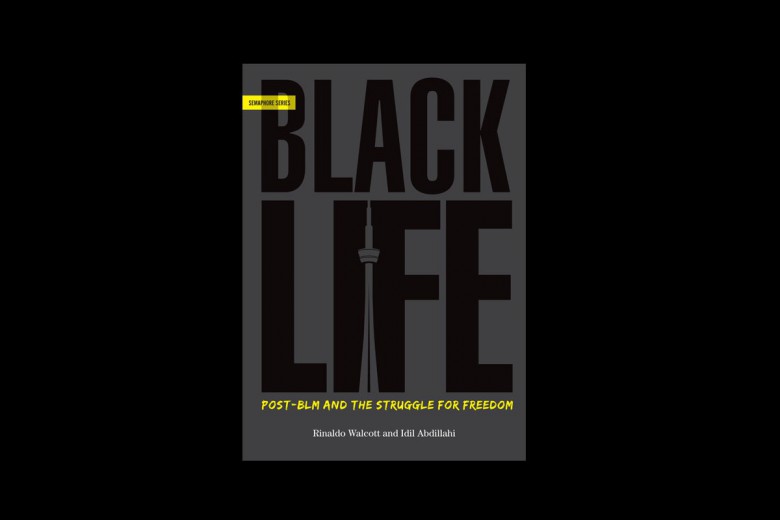“Everywhere I turn – past, present, and future – I am inside imperialism, and not just positioned somewhere in it, but slipped like a little plastic dustcover over the barrel of its gun. Former instrument of it, enemy of it, parent of one of its fresh tools – unable to rejoice at either its advances or setbacks in this new Vietnam.”
- Stan Goff
On a greyhound bus from Texas to Saskatchewan in April 2004, I met an ex-soldier named Mike. Mike had just retired from the military after 16 years of service, much of it overseas. His wife, who was recovering from breast cancer, had recently convinced him to retire from the military. He was going out of his head trying to figure out what to do with his newfound freedom. “What do you do with your spare time?” was a question he asked everyone he met, as if he were compiling a list he could refer to later.
Mike could inflict seven lethal wounds (he told me) with a set of keys in under three seconds, and was struggling with the fact that there was no place for his skills in civilian life. He wanted nothing more than to feel useful, productive. He was staunchly right-wing, and deeply indoctrinated, but smart, too – smart enough that the deteriorating situation in Iraq was forcing him to finally confront some uncomfortable questions about US motives, and the way the military was being used by the Bush administration. Mike still had close friends fighting in Iraq, and the downward spiral of the occupation was hitting him pretty hard.
Mike was experiencing a serious conflict between his beliefs on the one hand, and a growing awareness that the real world did not conform to his beliefs on the other. There must be thousands of people just like Mike in the US military – and their numbers will only swell as more soldiers return home from Iraq, battered and beaten, and begin to reflect upon the experience. I wish I knew Mike’s address, because I would love to send him Stan Goff ‘s Full Spectrum Disorder: The Military in the New American Century.
Stan Goff is the US military’s worst nightmare: a retired career soldier turned anti-imperialist, anti-racist, and pro-feminist writer, activist, and strategist. He’s articulate, compassionate, and relentless – and he’s on a mission to bring down the beast that trained him.
Goff is good precisely where the left has traditionally been so very, very bad: knowing the difference between tactics, strategies, and goals, and integrating the three into a cohesive, flexible approach to organizing the sort of resistance to the “global state of war” that might ultimately overthrow it.
Full Spectrum Disorder is structured as a collection of dispatches from the hotspots of this war – Haiti, Columbia, Somalia, Iraq – interspersed with analyses of imperial overreach, guerrilla warfare, geopolitical imperatives, peak oil, and more. His analysis is informed by a conviction “that we are now certainly entering a very dark period of human history within which there are, with equal certainty, historic opportunities for human emancipation. They are times that will require our deepest compassion and our most dispassionate – and sometimes ruthless – cunning.”
Goff is writing for two very distinct audiences (leftists and soldiers) who, he argues, will need to start talking to one another if anything is going to change for the better. At this critical juncture, with US power at once so manifest and so vulnerable, with dissent within and beyond the ranks growing by the day, “it’s time,” Goff urges, “we thought about organizing with the military.”
Goff’s work is an essential reference for anyone involved in, or supportive of, anti-imperialist struggles. As he shows, US military overreach and economic collapse are blooming (and terribly destructive) realities that will shape left struggles around the world – and indeed, many aspects of all our lives – in incalculable ways in coming years. Whether it’s for better or for worse, Goff stresses, depends significantly on the left’s willingness and ability to confront the rapidly changing situation with creativity, agility, and audacity.
-Dave Oswald Mitchell




